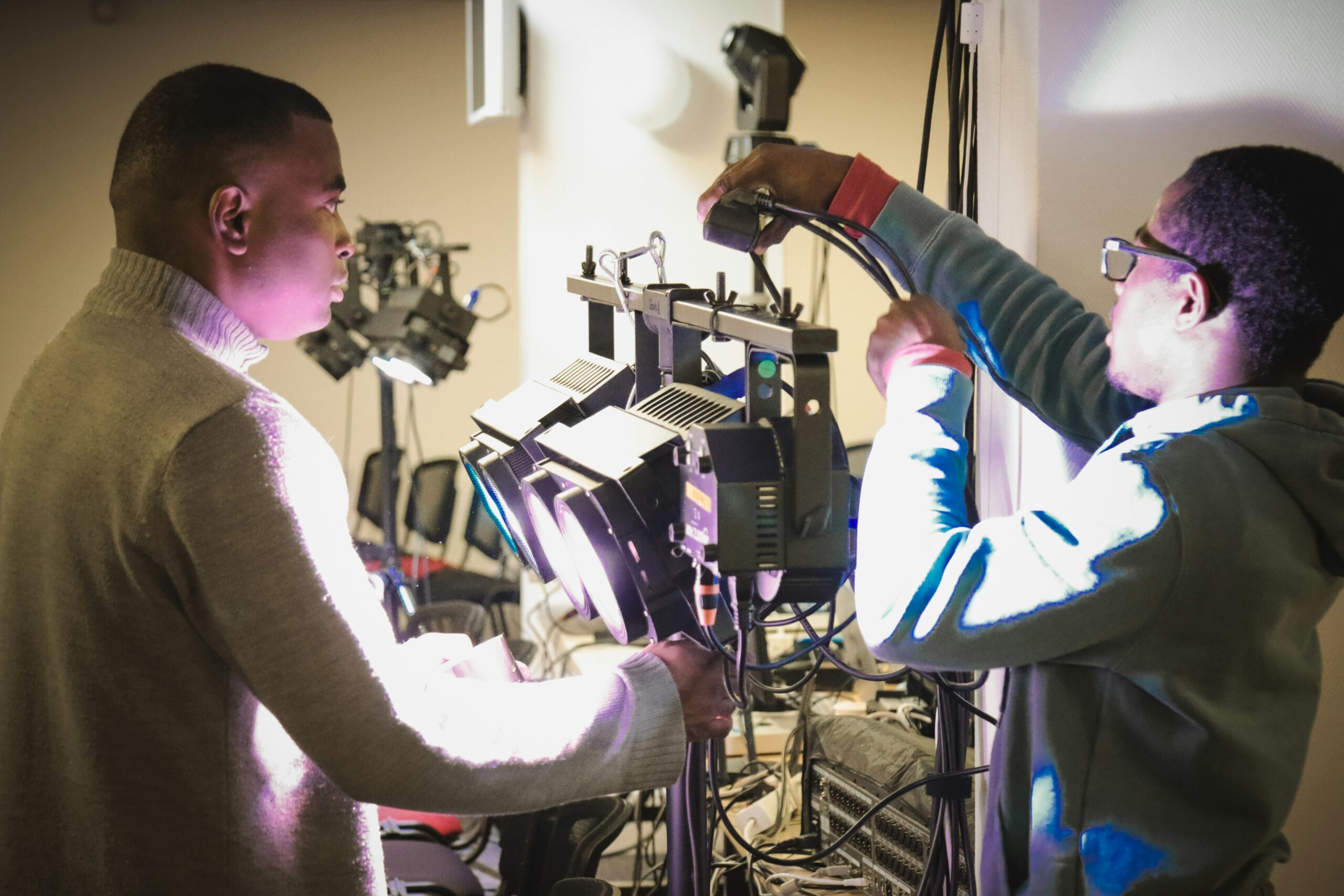
For centuries, science fiction has sparked imaginations with bold visions of futuristic technology and advanced healing methods. What once seemed impossible—like curing genetic disorders, regenerating organs, or using artificial intelligence in hospitals—is now becoming part of modern medicine. These medical breakthroughs are not only revolutionizing patient care but also redefining how long and how well people can live.
Today’s healthcare innovations are closing the gap between imagination and reality. With cutting-edge treatments and life-saving technologies, doctors and scientists are achieving milestones that were once confined to novels and movies. From wearable health tech to robotic surgery, the future of medicine is unfolding right now.
Regenerative Medicine and Tissue Engineering
One of the most promising frontiers in healthcare is regenerative medicine. Instead of merely treating symptoms, doctors are now learning how to grow tissues and even organs in the lab. Imagine a future where a patient in need of a kidney transplant doesn’t have to wait on a donor list—scientists are already experimenting with lab-grown organs to make that future a reality.
Tissue engineering also extends to skin regeneration, which is especially valuable for burn victims. By using a patient’s own cells, doctors can create new tissue that the body is less likely to reject. This not only shortens recovery time but also improves overall outcomes. As research progresses, the possibilities for healing are expanding in extraordinary ways.
Gene Editing and CRISPR Technology
Perhaps one of the most discussed breakthroughs of our time is CRISPR-Cas9. This gene-editing tool allows scientists to precisely alter DNA, opening doors to treatments once thought impossible. In some cases, genetic diseases that were once lifelong sentences are now being targeted at their root cause.
Moreover, CRISPR holds potential in fighting cancers and infectious diseases by modifying immune cells to respond more effectively. While ethical debates continue, the technology demonstrates how rapidly medicine is advancing. What was unimaginable just a few decades ago is now a legitimate and tested treatment option.
Wearable Health Technology
Not all medical innovations come in the form of complex lab procedures—some are designed for everyday life. Wearable technology like smartwatches and fitness trackers already help millions monitor their health. However, newer devices go beyond step counts and heart rates, offering real-time glucose monitoring, oxygen saturation tracking, and even early detection of heart arrhythmias.
These innovations empower patients to take a more active role in managing their health. By providing continuous data, doctors can also detect problems earlier, leading to quicker interventions and better outcomes. The blending of digital technology with healthcare is proving to be one of the most practical revolutions yet.
Artificial Intelligence in Diagnostics
Artificial intelligence (AI) is another game changer. Algorithms are now capable of reading X-rays, MRIs, and CT scans with remarkable accuracy—sometimes outperforming seasoned specialists. This doesn’t mean doctors will be replaced; instead, AI assists them by flagging anomalies and reducing the margin of error.
Additionally, AI can analyze massive amounts of patient data, helping doctors develop more personalized treatment plans. By predicting disease progression and identifying effective therapies, AI ensures care is both efficient and precise. This level of advancement was once the stuff of science fiction, yet it’s becoming commonplace in hospitals worldwide.
Robotic Surgery and Advanced Prosthetics
Robotics have found their place in both operating rooms and rehabilitation centers. Minimally invasive robotic surgeries allow for more precision, faster recovery times, and fewer complications. Patients benefit from smaller incisions and shorter hospital stays, making procedures safer and more effective.
Meanwhile, prosthetics have evolved from simple mechanical limbs to sophisticated devices controlled by the brain’s neural signals. These high-tech prosthetics give users not just mobility but also dexterity, allowing them to perform tasks once deemed impossible. For many, this is nothing short of life-transforming.
Looking Ahead: The Future of Healthcare
The rapid pace of medical technology breakthroughs signals a future where treatments are more effective, personalized, and widely accessible. Advances in nanomedicine, AI-powered diagnostics, and regenerative therapies will continue to reshape the global healthcare industry. Patients may soon benefit from personalized medicine, lab-grown organs, and disease-preventing genetic therapies that extend both lifespan and quality of life.
What was once science fiction is now shaping the future of healthcare. These unbelievable medical innovations—ranging from gene editing to robotic surgery—prove that human creativity and scientific progress can transform lives. As research accelerates, tomorrow’s healthcare solutions promise to be even more extraordinary, ensuring that the impossible becomes possible.